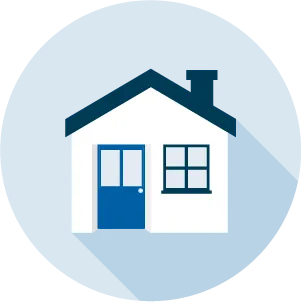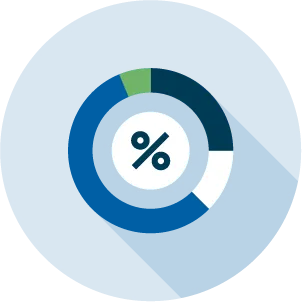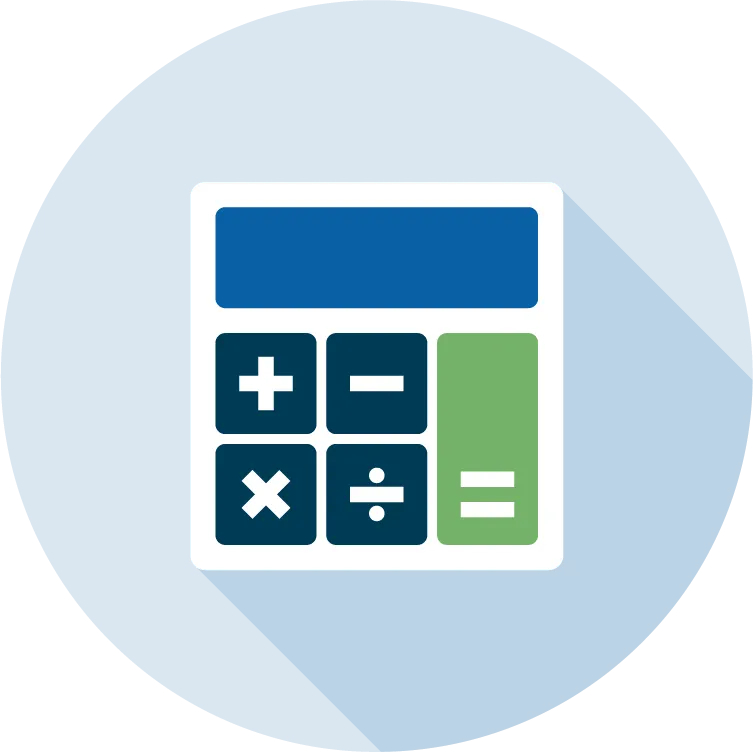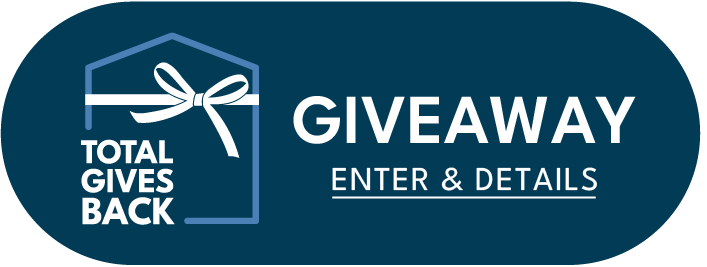A cash-out 30-year refinance is a mortgage refinancing option where you replace your existing mortgage with a new 30-year loan for more than you currently owe on your house. The difference goes to you in cash and can be used for purposes such as home improvements, debt consolidation, or other financial needs. This option allows you to tap into your home equity while potentially benefiting from a lower interest rate.

Cash-out 30-Year
Refinance Mortgage
Tap into Your Home's Equity
Cash-out refinance is a smart way of using your home equity to get ready-to-use cash for any purpose. Whether you're planning to renovate your home, buy a premium automobile, pay for your child's college education, or consolidate high-interest debt, a 30-year cash-out refinance can provide the funds you need with potentially lower interest rates than other borrowing options.

Key Benefits
Low Interest Rates
The 30-year cash-out mortgage rates are typically lower than other borrowing options.
High Borrowing Limit
Access a substantial amount of your home's equity, often up to 80% of your home's value.
Flexible Use of Funds
Use the cash for any purpose, from home improvements to debt consolidation.
Potential Tax Benefits
The interest paid may be tax-deductible, consult with a tax professional for details.
Cash-out 30-Year Refinance Information
A 30-year cash-out refinance allows homeowners to replace their existing mortgage with a new, larger loan and receive the difference in cash. This option can provide funds for various purposes while potentially offering a lower interest rate. To better understand how this refinance option can fit into your financial plans, you can start by speaking to one of our seasoned experts.
How Does a 30-Year Cash-Out Refinance Work?
Here's a simplified explanation:
- You take out a new mortgage for more than you currently owe on your home.
- The new loan pays off your existing mortgage.
- You receive the difference between the new loan amount and your old mortgage balance in cash.
- You can typically borrow up to 80% of your home's value, minus your current mortgage balance.
Common Uses for Cash-Out Refinance Funds
According to Freddie Mac, homeowners typically use cash-out funds for:
- Paying off debts or bills (40%)
- Home repairs, renovations, or new construction (31%)
- Enhancing cash savings (14%)
- Buying a car (9%)
- Paying for college education (7%)
Calculating Your Potential Cash-Out
To estimate how much cash you could receive, consider:
- Your home's current market value
- Your current mortgage balance
- The amount of equity you need to retain (typically 20%)
Use our online calculator or speak with a mortgage expert for a personalized estimate.
Pros and Cons of a Cash-Out 30-Year Refinance
Understanding the advantages and disadvantages of a cash-out 30-year refinance can help you make an informed decision.
Additional Pros
- Affordable borrowing option compared to personal loans or credit cards
- Potential to lower your current mortgage rate
- Opportunity to consolidate high-interest debt
- Can increase home value through renovations
Cons to Consider
- Longer loan term, potentially increasing total interest paid
- Higher monthly payments due to increased loan amount
- Closing costs and fees associated with refinancing
- Risk of losing your home if unable to make payments
- Potential requirement for Private Mortgage Insurance (PMI)
Cash-out 30-Year Refinance FAQs
Everything you need to know about Cash-out 30-Year Refinance Mortgages
What is a cash-out 30-year refinance?
How much cash can I get with a cash-out refinance?
The amount of cash you can get depends on your home's value, your current mortgage balance, and lender requirements. Typically, you can borrow up to 80% of your home's value, minus what you still owe on your mortgage. For example:
- If your home is worth $400,000
- And you owe $200,000 on your current mortgage
- You could potentially borrow up to $320,000 (80% of $400,000)
- After paying off your existing $200,000 mortgage, you could receive up to $120,000 in cash
What are the costs associated with a cash-out refinance?
The costs of a cash-out refinance typically include:
- Closing costs: Usually range between 2% and 6% of the loan amount
- Mortgage origination fee: Often around 1% of the financed amount
- Other fees: May include appraisal, title search, title insurance, credit check, recording fee, and notary fee
- Financed as part of the new mortgage
- Paid in cash at closing
- Covered by accepting a higher interest rate
How do today's 30-year cash-out mortgage rates compare to past rates?
Mortgage rates fluctuate based on various economic factors. Here's a general overview:
- Early 2000s: Rates were between 6% and 8%
- 2007-2010: Rates dropped to around 5%
- 2011-2020: Average rates were between 3% and 5%
- 2020-2021: Rates dropped further due to COVID-19
- 2022: Rates increased to around 6% and beyond
Is a cash-out 30-year refinance right for me?
A cash-out 30-year refinance might be right for you if:
- You have significant equity in your home
- You need access to a large sum of money for a major expense or investment
- Current interest rates are lower than your existing mortgage rate
- You plan to stay in your home for a long time
- You can afford potentially higher monthly payments

Tap into your home's equity with a Cash-out 30-Year Refinance.










